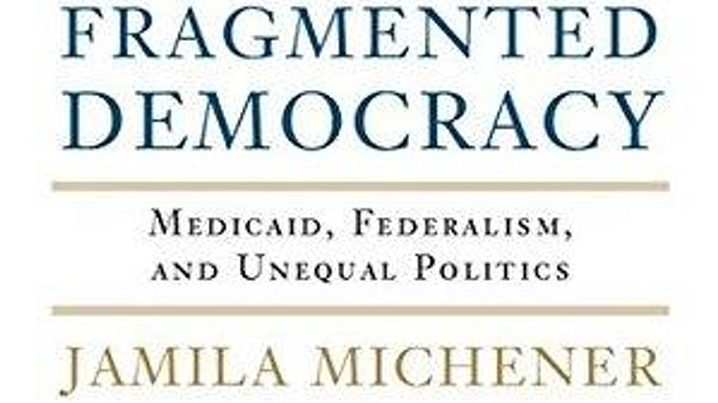Price Governance Salon with Jamila Michener, Cornell University
Jamila Michener (Cornell University) will be discussing her new book “Fragmented Democracy.” Fragmented Democracy Medicaid is the single largest public health insurer in the United States, covering upward of 70 million Americans. Crucially, Medicaid is also an intergovernmental program that yokes poverty to federalism: the federal government determines its broad Read more…


